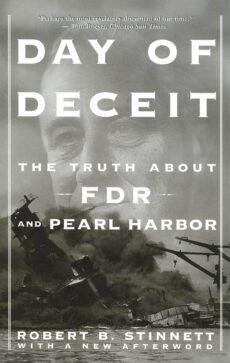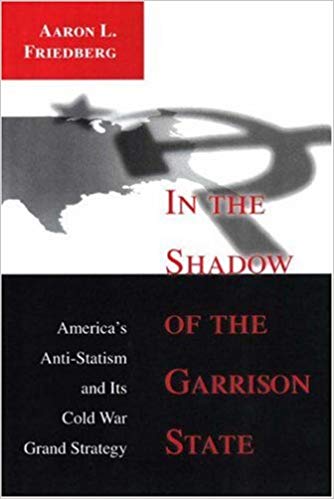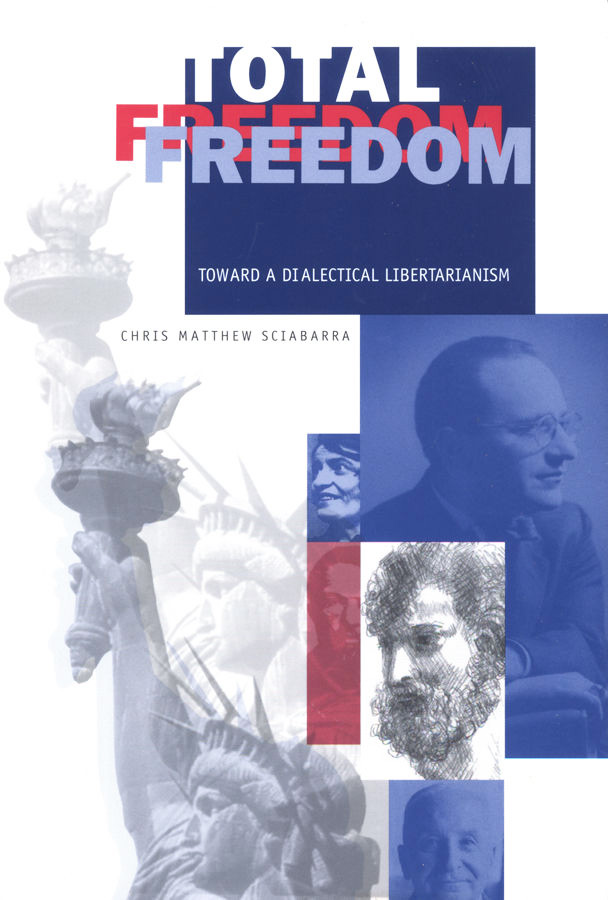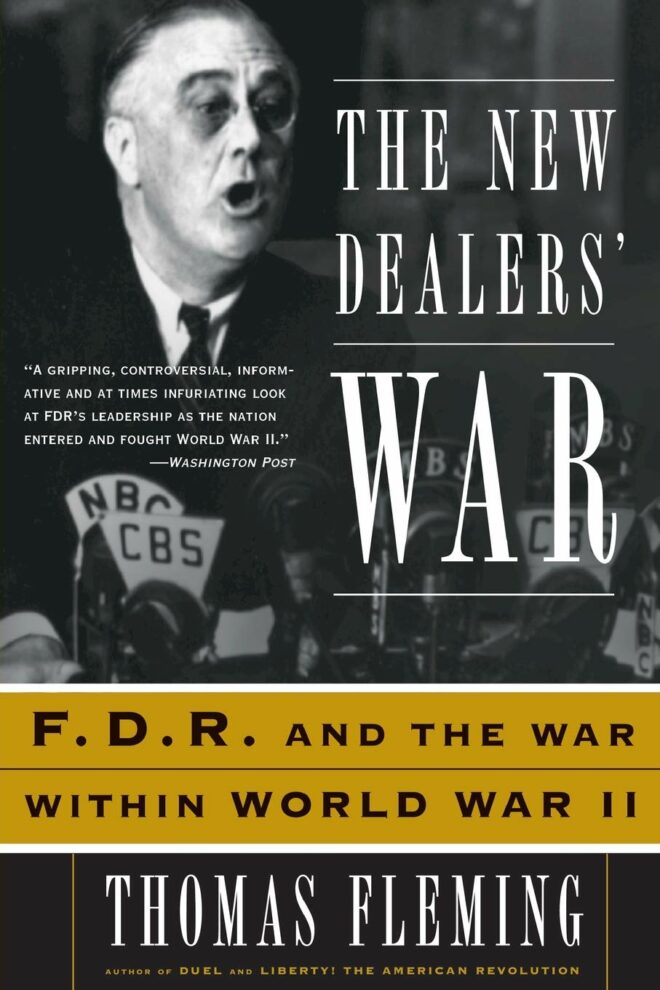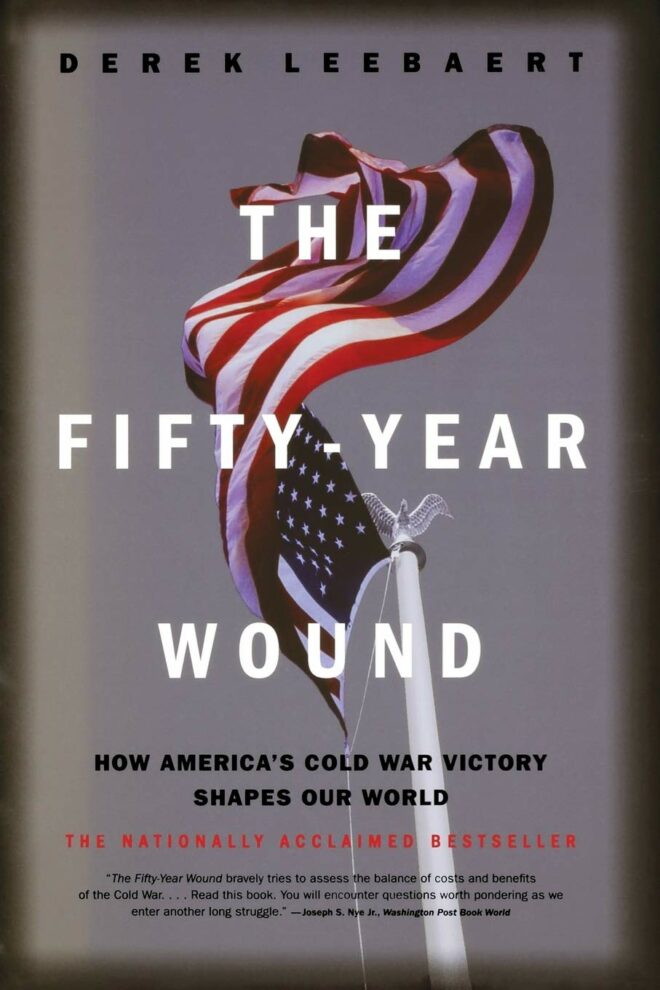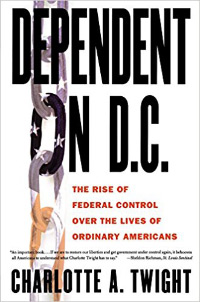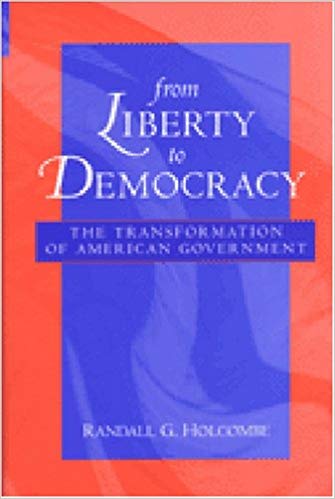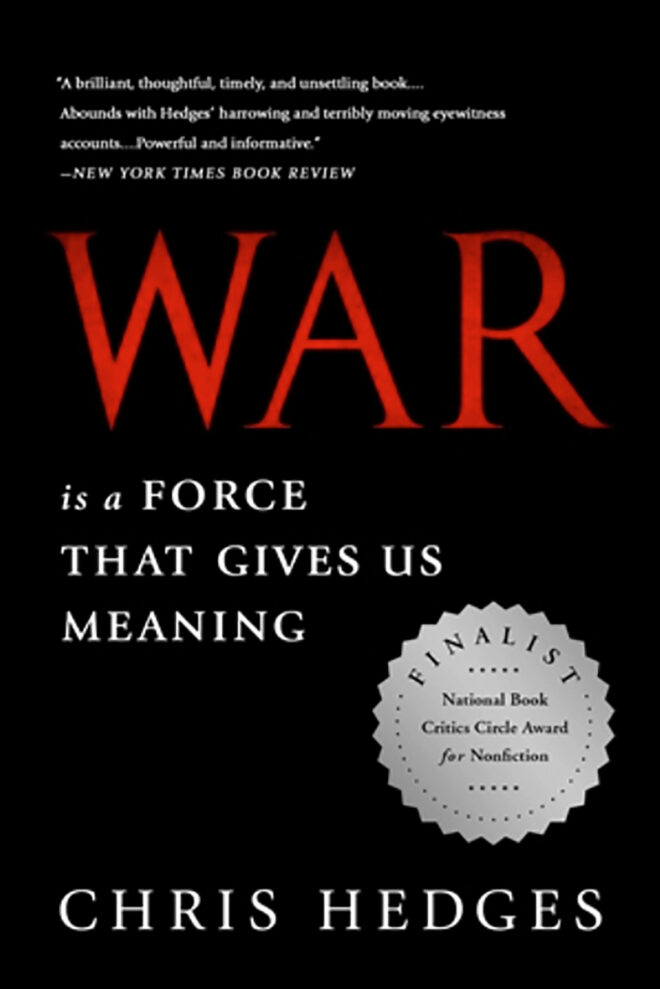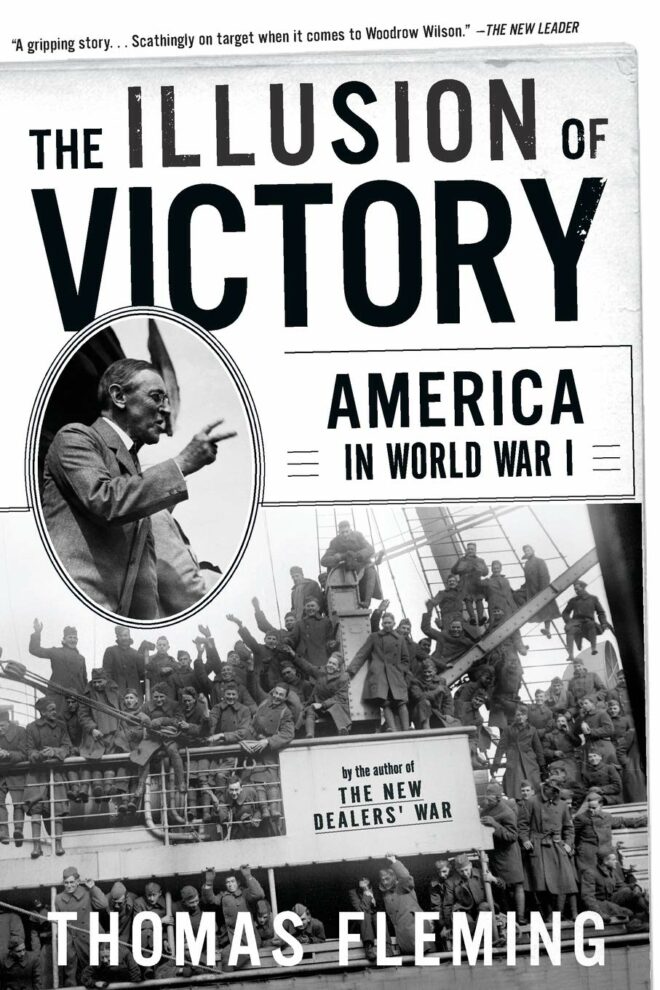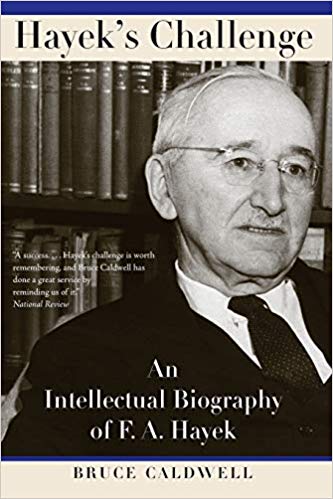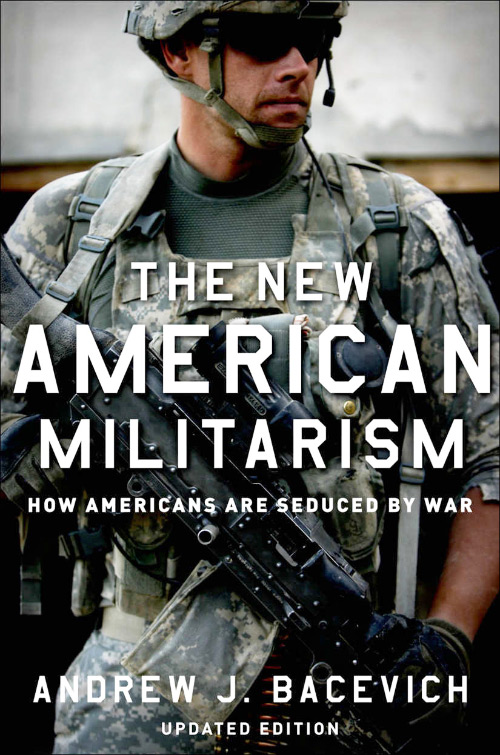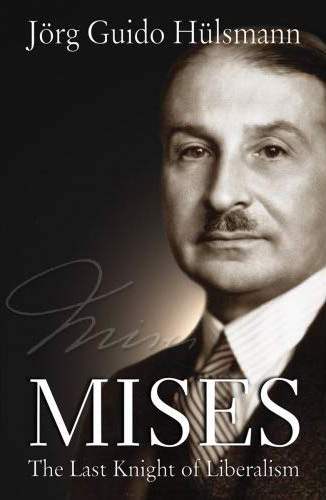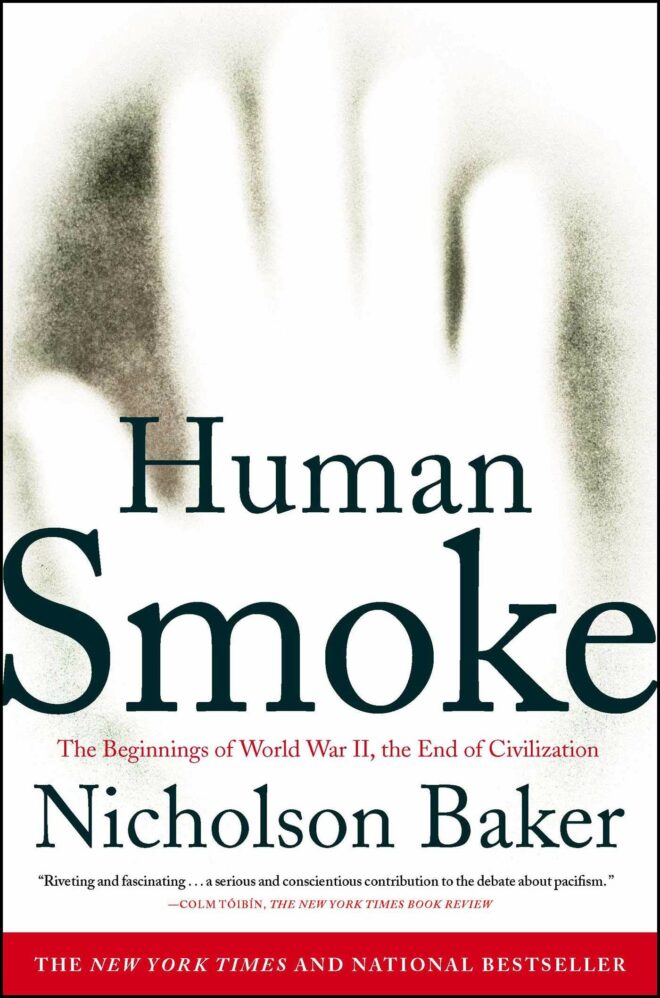As we start a new decade, I’m looking back at the naughties (the best name I’ve heard for a decade that never did get a good name) and thinking things could have been worse. (For those who argue that the new decade doesn’t really begin until 2011, my counter-argument is that the decade has been bad enough that we should do what we can to get it behind us.)
As bad as the naughties were, my claim that the decade could have been worse comes from comparing it with the 70s, the worst decade in my lifetime.
As the decade began we were mired in the Vietnam war, fought by draftees. OK, we’re mired in two wars now, but the draft is long-gone. Score one for liberty.
In 1971 President Nixon imposed economy-wide wage and price controls, and while the were withdrawn piecemeal, some still remained by the end of the decade.
One result of those price controls was periodic shortages of gasoline, lines at the gas pump, and stations that had run out of gas. Despite rising gas prices in the naughties, there were no serious calls for price controls. (There were some serious calls for excess profits taxes on oil companies, though.)
Prices (measured by the CPI) approximately doubled during the 70s as a result of continually rising inflation that ended the decade in double digits. The silver lining here for those of us who teach economics is that when we argue that in theory price controls can’t stop inflation, we can point to the price controls imposed in 1971 followed by ever-increasing inflation as a real-world example.
Unemployment continued to rise during the 1970s. Another silver lining here is that the rising inflation and rising unemployment put a dent in the Keynesian illusion that there is a trade-off between inflation and unemployment.
The highest marginal income tax bracket in the 1970s (federal taxes only) was 70% throughout the decade. It was half that in the naughties.
The term “stagflation” was coined in the 70s, and the economic stagnation coupled with rising energy prices and shortages created a general feeling that for the first time since the beginning of the Industrial Revolution living standards were going to fall for the next generation. The slogan “Think Small” was also coined in the 70s to reflect this general pessimism, and the Club of Rome’s book, The Limits to Growth, came out in 1972 predicting the collapse of the world’s economy, which according to that book should have already happened. In fairness to the naughties, Jared Diamond’s book, Collapse, was published in 2005 and predicts the same thing. And in fairness to every other decade, predictions like this have been fashionable ever since Malthus published his Essay on Population in 1799.
I’ve focused on economic and political events, but the 70s also saw the introduction of disco music and polyester leisure suits into the culture. All-in-all, the 70s was not a good decade.
So, while the naughties won’t shine as a great decade, look at the bright side: it wasn’t as bad as the 70s.
